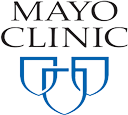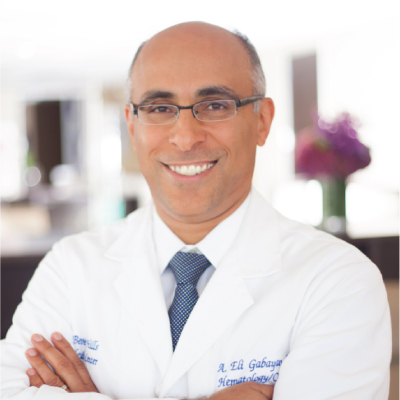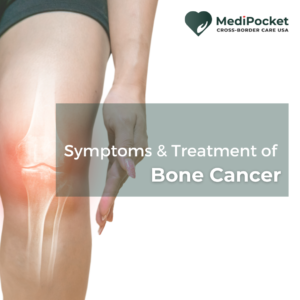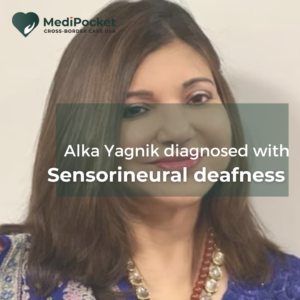Rare Diseases

Rare diseases are medical problems that afflict only a tiny number of people, generally fewer than one in every 2000. While each rare disease is unique, there are over 7,000 rare diseases that afflict millions of individuals worldwide. These disorders, which can have a wide variety of symptoms and severity, might be caused by genetic, environmental, or unknown causes.
A rare autoimmune disease is one type of rare disease. Autoimmune illnesses arise when the immune system assaults the body’s healthy cells and tissues, causing inflammation and damage. Lupus, scleroderma, and Langerhans cell histiocytosis are examples of uncommon autoimmune illnesses (LCH).
Langerhans cell histiocytosis is an uncommon disorder that affects the immune system by causing the body to create an abnormally large number of Langerhans cells, which are white blood cells. This can cause a number of symptoms, including bone pain, skin rashes, and lung or liver difficulties. While children are the most typically affected by LCH, it may affect adults of all ages.
Patients with rare diseases may encounter considerable problems in accessing the treatment they require since these diseases are sometimes difficult to detect and cure. Many rare diseases have no known cure, therefore therapy may focus on symptom management and quality of life.
Despite these obstacles, there is still hope for people suffering from rare diseases.
Advances in medical research and technology are leading to new treatments and therapies, and efforts are underway to improve awareness and support for those affected by these conditions.
What are the types of rare diseases?
Below are a few examples of several sorts of rare diseases:
Genetic disorders
Genetic mutations or anomalies cause many uncommon diseases. Cystic fibrosis, Huntington’s disease, and muscular dystrophy are examples of hereditary uncommon disorders.
Metabolic disorders
Metabolic disorders are uncommon illnesses that disrupt the body’s capacity to digest and utilise food for energy. Gaucher disease, Niemann-Pick disease, and Fabry disease are examples of metabolic uncommon disorders.
Autoimmune diseases
Autoimmune illnesses develop when the immune system of the body targets healthy tissues and cells. Lupus, scleroderma, and myasthenia gravis are examples of autoimmune uncommon disorders.
Rare cancers
Rare cancers include mesothelioma, which affects the lungs’ lining, and sarcomas, which damage the body’s connective tissues.
Infectious illnesses
Certain infectious diseases, such as leprosy, which is caused by a bacteria that affects the skin, nerves, and mucous membranes, are considered uncommon.
Rare neurological disorders
Conditions such as Huntington’s disease, narcolepsy, and Tourette syndrome are examples of rare neurological illnesses.
Rare heart and lung diseases
Conditions such as pulmonary hypertension, congenital heart abnormalities, and hypertrophic cardiomyopathy are examples of rare heart and lung disorders.
While each rare disease is distinct, patients with rare diseases frequently experience common obstacles, such as delayed diagnosis, difficulty obtaining appropriate therapies, and a lack of support and resources. As a result, rare illness advocacy and research are vital to improve outcomes for individuals and families impacted by these ailments.
Diagnosis
Rare diseases can be difficult to diagnose due to their low prevalence, complexity, and lack of awareness among healthcare providers. Some of the methods used to diagnose rare diseases are as follows:
Genetic testing: Genetic testing can help diagnose rare genetic diseases. It entails examining the DNA for mutations or variations that may be causing the disease.
Imaging tests: such as X-rays, CT scans, and MRI scans, can be used to detect structural abnormalities in the body that may be causing symptoms.
Laboratory tests: Blood and urine tests can be used to identify biochemical abnormalities in the body that may be causing the symptoms.
Biopsy: A biopsy is a procedure that involves taking a small sample of tissue from the affected area and examining it under a microscope. This can aid in the diagnosis of rare diseases such as cancer and autoimmune disorders.
Clinical examination: A thorough physical examination by a healthcare provider can aid in the identification of symptoms and signs suggestive of a rare disease.
Treatment
Treatment for rare diseases varies according to the disease and its symptoms. In some cases, there may be no cure for the rare disease, but treatment can help manage the symptoms and improve the affected individual’s quality of life. Here are some rare disease treatment options:
Medications: Medications may be prescribed to treat the rare disease’s symptoms. Pain relievers, anti-inflammatory medications, and immunosuppressive drugs are examples of such medications.
Surgery: Surgery may be required in some cases to remove tumors or correct structural abnormalities that are causing the symptoms.
Gene therapy: It is a promising treatment option for certain rare genetic diseases. It entails introducing healthy genes into the body to replace or supplement the disease-causing defective genes.
Enzyme replacement therapy: This therapy is used to treat certain rare metabolic disorders. It entails giving the patient a synthetic version of the enzyme that their body lacks.
Physical therapy: Physical therapy can help people with rare diseases of the muscles and joints improve their mobility, strength, and flexibility.
Nutritional support: Individuals with rare diseases that affect the digestive system or nutrient absorption may require nutritional support.
Clinical trial from MediPocket
MediPocket world believes in excellence and sustainability in terms of providing treatment and through our cross border care service, our international patients get matched with the best clinical trial programs from the United States. Learn more about our clinical trail services by contacting us now!!




100+ Top USA Oncologists

Dr. Linnea I. Chap
- Experiance : 23+ Years
- Specialist : Cardiology
- Address : Beverly Hills, USA

Dr. A. Eli Gabayan
- Experiance : 27+ Years
- Specialist : Beverly Hills Cancer
- Address : Los Angeles, USA
[wpforms id=”18712″]
[wpforms id=”18712″]









